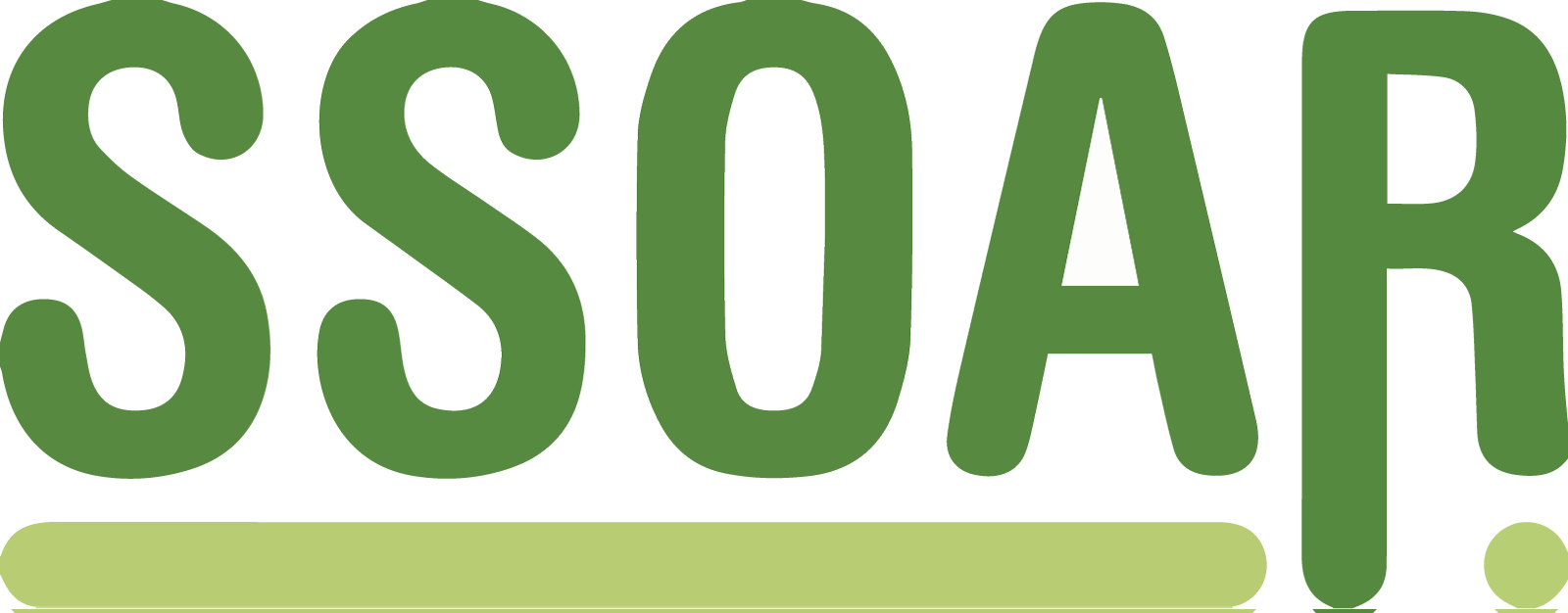
Ingmar Lippert
After Numbers? Doing and Undoing Numbers
Numbers are ubiquitous. Their numberly guise makes numbers seem trustworthy.
While mathematics offers formal rules, numbers in practice are shaped by social contexts.
In practice, numbers are always socio-materially performed.
A child learns counting on their fingers; in the supermarket, we engage in practical arithmetic – far removed from the formal mathematics taught in high school or university.
I wonder: How are numbers enacted in everyday work practices, and in what ways are they destabilised or even undone?
And what is inside numbers? What unfolds before they appear, behind their apparent precision, and beyond their immediate representation? In short: What happens before, behind, after numbers?
we suggest numbers as sites of the political that precedes numbers’ social effects – social effects that STS and related fields have proven already to be worth of scrutiny. (Lippert and Verran, 2018: 9)
Selected Output
-
"Numbers" Reclaiming Technology: a poetic-scientific vocabulary, edited by James Maguire and Brit Ross Winthereik (2023)
open access -
with Helen Verran:
"After Numbers? Innovations in Science and Technology Studies' Analytics of Numbers and Numbering" Science & Technology Studies (2018)
open access; also access via -
"On Not Muddling Lunches and Flights: Narrating a Number, Qualculation, and Ontologising Troubles" Science & Technology Studies (2018)
open access; free access via
Data Practices and Digital Accountability
Expanding on my PhD work, I pursue the empirically grounded hypothesis that data is not something given but rather something made.
Although the word "data" etymologically refers to what is given (from the Latin dare), in practice data is constructed.
Data emerges as facts — factum in Latin, meaning "something done"—underscoring that the production of facts is an active, performative process.
Fact-making is, indeed, a central concern in STS, where we scrutinize the processes behind what is taken as given.
My research specifically examines how practices of preparing, configuring, and generating data are deeply entangled with efforts to render these practices transparent and accountable.
In exploring digital accountability, I focus on how socio-technical infrastructures shape both the capacity to respond – what I term "response-abilities" – and the limitations imposed on such capacities.
Metadata and other attempts to translate context into a machine-calculable state lose the situatedness and uncertainties of translating environmental relations into data. [...] datasets are uncertain and not fully specified/specifiable, their reuse and combination increases fuzziness, decreasing controllability; uncertainties are not likely to decrease with Big Data analyses but to multiply (Lippert, 2016: 11)
Selected Output
-
"Digitalisation as promissory infrastructure for sustainability" Elgar Handbook of Critical Environmental Politics, edited by Luigi Pellizzoni, Emanuele Leonardi
and Viviana Asara (2022)
free access to preprint via -
"Failing the market, failing deliberative democracy: How scaling up corporate carbon reporting proliferates information asymmetries" Big Data & Society (2016)
open access -
"Environment as Datascape: Enacting Emission Realities in Corporate Carbon Accounting" Geoforum (2015)
free access via
Methods and Matters of STS
STS has a long history of scrutinising the methods and analytical infrastructures of other scientific fields.
Despite its renowned reflexivity, STS has sometimes neglected to detail the material and semiotic practices through which it enacts analysis and produces data.
STS is inherently political – not only in its discourses but also in its methods of data-making and the ways it documents its research.
This work is committed to developing a methodographic genre – a systematic approach to detailing the practices and politics through which STS enacts its own research.
what happens when we turn back and look at our own research practices? In the take-up of ethnography within STS, what kind of performative relations arise between STS and its topics of research? (Lippert and Douglas-Jones, 2019: 35)
Selected Output
-
with Julie S. Mewes "Caring for Methods: 'Care-Ful Method Practice' through Methodography" in
Ethical and Methodological Dilemmas in Social Science Interventions (2024)
free access to preprint via -
with Julie S. Mewes "Data, Methods and Writing:
Methodographies of STS Ethnographic Collaboration in Practice" in
Science & Technology Studies. Special Issue: Methodography of Ethnographic Collaboration (2021)
open access -
"In, With and Of STS" in
Wie forschen
mit den 'Science and Technology Studies'? Interdisziplinäre Perspektiven (2020)
free access to preprint via -
with Rachel Douglas-Jones:
"'Doing Data': Methodography in and of STS’" EASST Review (2019)
open access -
"Studying Reconfigurations of Discourse: Tracing the Stability and Materiality of 'Sustainability/Carbon'" Journal for Discourse Studies — Zeitschrift für Diskursforschung (2014)
free access via
Energy Knowledges
Discourses of energy transition require knowing energy.
As a social scientist, I am interested in how such knowledge is produced, resulting in an understanding of the specificities and politics of energy knowledges.
Energy knowledge is shaped not only in the lifeworlds of consumers and customers but also in the workplaces of energy and environmental governance practitioners.
Systematising energy knowledge is typically coupled to information infrastructures.
Databases about energy generation and consumption are abundant.
What data about energy does not get generated? What data is not processed or simply ignored?
Who determines what counts as a kilowatt-hour?"
Just as knowledge is structured by databases and infrastructures, it is also shaped by the landscapes that energy production consumes – what is recorded, and what is erased, both in data and in space.
Yet, energy is also known from the outside – not just through structured knowledge systems like databases, but through the landscapes it transforms, as in the case of ongoing lignite mining.
I explore how such places – consumed, devastated, and destroyed for energy generation – become objects of knowledge, at times ignored, and written into and out of histories.
We note [...] developments around energy poverty metrology in multiple policy contexts [.] Most European contexts lack energy poverty indicators that represent contextualised energy use issues, including energy access and quality, expenditure in relation to income, built environment related aspects and thermal comfort levels. [...] While energy poverty governance relies significantly on data, it does not necessarily become more accountable, transparent or responsible if data choice and processing remain hidden behind the technocratic curtains (Sareen et al, 2020)
Selected Output
- "La#oma’s pre- and post-carbon landscape" Cultural Complexity of Carbon: Green Transformations in Contemporary Society, edited by Steffen Dalsgaard and Andy Lautrup and Katinka A. Schyberg and Ingmar Lippert (2025)
-
"Alleviation of energy poverty through transitions to low-carbon energy infrastructure"
Energy Research & Social Science (2023)
open access -
with Siddharth Sareen, Harriet Thomson, Sergio Tirado Herrero, João Pedro Gouveia and Aleksandra Lis
"European energy poverty metrics: Scales, prospects and limits" Global Transitions (2020)
free access via -
"Carbon Classified? Unpacking Heterogeneous Relations Inscribed Into Corporate Carbon Emissions"
Ephemera : critical dialogues on organization (2012)
open access; also free access via
-
"Knowledge for Corporate Energy Management - Structural Contradictions and Hope for Change?"
Implementing Environmental and Resource Management (2011)
free access via
Corporate Carbon
Global climate change solutions are often framed as dependent on shifts in industrial and economic relations.
Production and service sectors must be decarbonised as we move away from the carbon economy.
This project ethnographically examines how corporate carbon accounting – in one of the 50 largest companies on our damaged planet – renders visible the carbon intensity of a multinational’s operations.
Positioned at the intersection of STS, environmental sociology, and organization studies,
I analyze how carbon accounting enacts particular environments and identifies patterns of accounted-for environmental impacts that stabilize core financial interests,
all while ensuring that environmental concerns remain peripheral to the corporation’s central operations.
Internal externalities, indeed.
The real is not singular. Environments. Neither are environments neat nor clear nor ordered. If they are they are so because they are staged as such. Capitalist environmental facts are facts made of documents, databases, humans and their relations. Tangentially, these relations may extend into realities ‘out there’. Primarily, however, capitalist environments are data enactments. (Lippert, 2013: 549)
Selected Output
-
"Umwelt – 'Version 2b': Das Programmieren ökologischer Fehlentscheidungen und Grundlagen für eine neue Umweltpolitik" Leviathan (2016)
free access via -
"Extended Carbon Cognition as a Machine" Computational Culture (2011)
open access; access corrected version via
-
"Enacting Environments: An Ethnography of the Digitalisation and Naturalisation of Emissions" (PhD dissertation)
free access via; access rtf text version
Environmental Management Studies
Environmental management and governance are widely promoted as key to achieving sustainable development. Universities now offer numerous programmes in environmental and resource management, alongside their governance.
Traditionally, environmental management research has focused on evaluating existing management instruments, refining them, or proposing alternatives. In contrast, my research adopts a radically different approach by examining environmental management as a set of situated practices.
I investigate not only the tools and techniques employed by environmental managers but also the everyday work practices – shaped by historical, geographical, and political contexts—that underpin ecological modernisation.
Through ethnographic methods, I foreground the experiences of environmental managers, their instruments, and how these are actually used in practice.
This approach contributes to critical environmental studies, human geography, environmental sociology, and an environmental or earthly STS.
it seems apt to reconceptualise environmental management: not in terms of the degree of actual control of so-called nature but in terms of the ways it is played out in relation to other entities, including but not limited to 'natural' entities, social collaborators, accomplices or audiences together with, or vis-a-vis whom, management of environments is performed. (Lippert, 2014: 102)
Selected Output
-
"Digitalisation as promissory infrastructure for sustainability" Elgar Handbook of Critical Environmental Politics, edited by Luigi Pellizzoni, Emanuele Leonardi
and Viviana Asara (2022)
free access to preprint via -
"Environmental Management as Situated Practice" Geoforum special issue, edited with Franz Krause and Niklas Hartmann (2015)
free access via
-
"Latour’s Gaia – Not down to Earth?: Social Studies of Environmental Management for Grounded Understandings of the Politics of Human-Nature Relationships",
in: Yearbook 2012 of the Institute for Advanced Studies on Science, Technology and Society (2014)
free access via
-
"Limits to Managing the Environment" edited book part, in: Implementing Environmental and Resource Management (2011)
free access via -
"Disposed to Unsustainability? Ecological Modernisation as a Techno-Science Enterprise with Conflicting Normative Orientations",
in: Yearbook 2009 of the Institute for Advanced Studies on Science, Technology and Society (2010)
free access via






